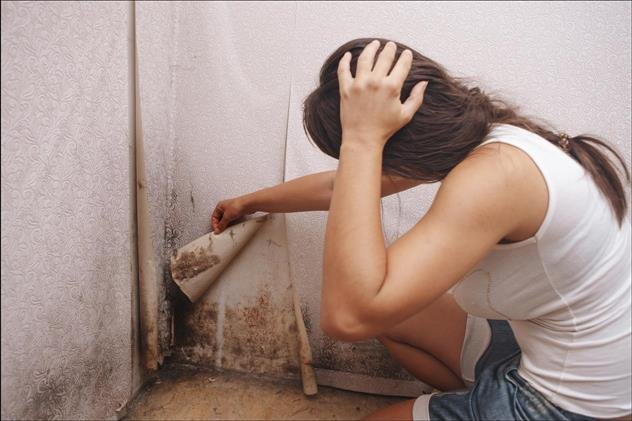Housing disrepair is a critical issue that affects tenants and homeowners alike. It refers to the deterioration of a property due to poor maintenance, structural defects, or failure to carry out necessary repairs. From leaking roofs to faulty electrical systems, housing disrepair can significantly impact health, safety, and overall well-being. This article explores what constitutes housing disrepair, the responsibilities of landlords and tenants, and legal options available for those facing these issues.
What Constitutes Housing Disrepair?
Housing disrepair includes a wide range of problems that arise due to neglect or failure to maintain a property properly. Some common examples include:
- Damp and Mould: Poor ventilation, leaking pipes, or rising damp can cause severe health issues, including respiratory problems.
- Faulty Heating Systems: A broken boiler or inefficient heating system can make a property uninhabitable, especially in colder months.
- Structural Damage: Cracks in walls, leaking roofs, or unstable flooring can compromise the safety of residents.
- Electrical Issues: Faulty wiring, exposed cables, or broken sockets pose a serious fire hazard.
- Plumbing Problems: Blocked drains, leaking pipes, or malfunctioning toilets can lead to unsanitary living conditions.
Landlord Responsibilities
In most rental agreements, landlords are legally obligated to ensure that their properties are in a habitable condition. Responsibilities typically include:
- Carrying out necessary repairs to keep the property safe and livable.
- Addressing issues related to heating, plumbing, and electrical systems.
- Ensuring that structural elements, such as walls, ceilings, and roofs, are maintained properly.
- Complying with health and safety regulations to protect tenants from hazards.
If a landlord fails to address these issues, tenants may have the right to take legal action.
Tenant Responsibilities
While landlords must maintain the property, tenants also have responsibilities, including:
- Reporting maintenance issues promptly to the landlord.
- Keeping the property clean and free from unnecessary damage.
- Using heating, plumbing, and electrical systems properly to prevent avoidable damage.
Failure to uphold these responsibilities may weaken a tenant’s legal case if they seek compensation for disrepair.
Legal Options for Tenants
If a landlord fails to carry out necessary repairs, tenants have several legal options:
- Informal Resolution: The first step is to communicate with the landlord, preferably in writing, detailing the issue and requesting repairs.
- Involving Local Authorities: If a landlord ignores repair requests, tenants can report the issue to local housing authorities, who may enforce action.
- Legal Claims for Disrepair: Tenants may be able to claim compensation for health problems, inconvenience, or financial losses resulting from disrepair.
- Rent Withholding or Repairs Deduction: In some cases, tenants may withhold rent or arrange for repairs themselves and deduct the cost from rent, but this must be done carefully to avoid legal repercussions.
Conclusion
Housing disrepair is a serious issue that can affect quality of life, health, and financial stability. Understanding rights and responsibilities is crucial for both landlords and tenants. If faced with persistent disrepair issues, seeking legal advice or contacting local housing authorities can help ensure a safe and habitable living environment.
